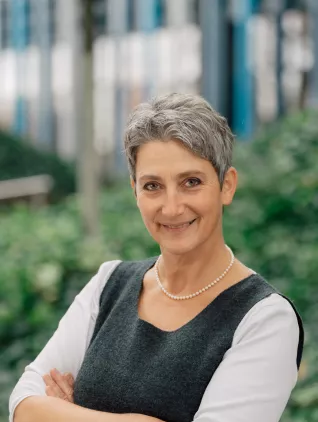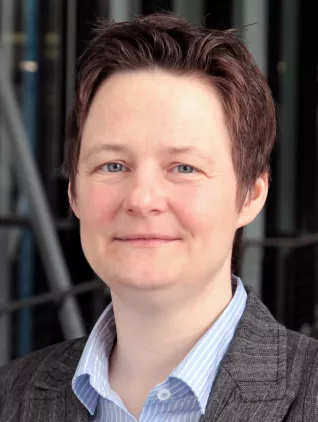GREATER - Growing Rwandan Energy Awareness Through Higher Education

Research project at a glance
Funding type
Period
30.01.2023 to 31.12.2025
Project Description
The GREATER project aims at tackling both aspects by implementing an inclusive, user-participated design flow. The project has been funded in the ERASMUS+ European framework, under the 2022 CBHE (Capacity Building for Higher Education) call.
The project is participated by four Rwandan Institutions (INES-Ruhengeri, Rwanda Polytechnic, the University of Technology and Arts of Byumba and the University of Rwanda) and by four European Ones (University of Parma, Italy, National Research Council, Italy, Hochschule Niederrhein, Germany and Hochschule Bonn-Rhein-Sieg, Germany). The project started on January 1, 2023 and will have a three-years duration, with an expected contribution from European Union. Nine associated partners will support the project, including the Rwandan Ministry of Education and main national companies active in the energy development market.
The core activity will result in the design of 8 new or renewed curricula in the field of smart and green energy. Innovation will come from the introduction of strong digital and Internet-of-things foundations, and from a markedly practice-oriented training. Besides new lab facilities at Rwandan Partners Institutions, training will be based also on the innovative introduction of a network of 4 “Living Labs”. Living Labs will be real-life locations, accessible to local communities and hosting different activities, which will be equipped with smart, renewable-energy power stations. From the one side living labs will allow students to experience in a realistic environment; from the other one, Living Labs will provide a strategic hub for community engagement, allowing local population to get in touch and familiarize with green technologies.
A full range of representative stakeholders will be enclosed in all design activities since earlier phases, through a collaborative design thinking procedure. This will ensure project outcomes to be consistent with community needs and expectancies, in terms of educational goals, better employability and socioeconomic benefits coming from the project. Community engagement will therefore be twofold: at the project “input” side, insights and addresses from the community will drive educational design activities, at the “output” side, beyond academic outcomes, transfer activities are planned to tailor specific outcomes targeting, besides industries, different community segments, caring mostly at youth and people with fewer opportunities.
The focus of the H-BRS is mainly on the design of new curricula for the rwandan universities and the implementation of remote laboratory infrastructure. H-BRS will primarily incorporate the bachelor study program "Sustainable Engineering (B.Eng.)" and the results from project "Curriculum4.0" into the project.
Cooperation partners







Sponsors




